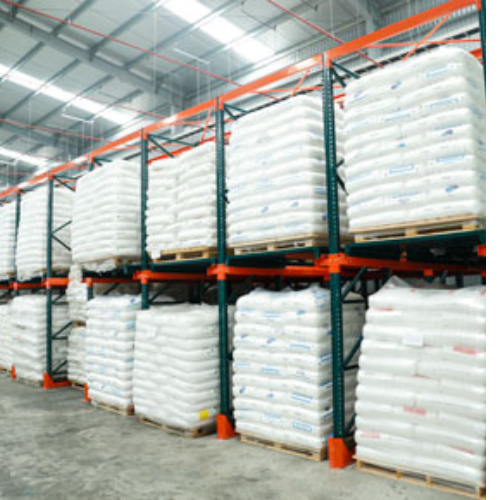PET
A robust, stiff synthetic fibre and resin, polyethene terephthalate (PET or PETE) is a member of the polyester family of polymers. PET is blow-molded into single-use beverage bottles and spun into fibres for permanent-press textiles.
The polymerization of terephthalic acid with ethylene glycol yields PET.
Usually clear ,strong, lightweight plastic, rigid, has good barrier to gas and moisture, mechanical, thermal, and good chemical resistance, excellent electrical insulating properties, shatter-resistant, Used for injection molding, extrusion, blow molding and thermoforming.
Applications
PET is produced into a high-strength plastic with a slightly greater molecular weight that can be molded using all the standard techniques used with other thermoplastics. PET films are made via extrusion and are commonly marketed under the brands Mylar and Melinex. PET molten material may be blow-molded into clear, highly stiff, and strong containers that are nearly impermeable to liquid and gas. In this form, PET is now frequently seen in jars for food that has been chilled and in bottles for carbonated beverages. Because PET softens at a low temperature (about 70 °C or 160 °F), it cannot be used as a container for hot food.
Among all recycled plastics, PET is most common. PET containers and bottles are frequently melted down and spun into fibers for carpets or fiberfill.
Produce films and sheets blow molding used for capacitators, graphics, film base and recording tapes etc, fabrics, automotive, electronics, packaging foods and beverages, tand electrical components and transparent applications.
Storage & Packing
25 Kg Bags, Palletized or 1,000 Kg Jumbo Bags for Prime Material

